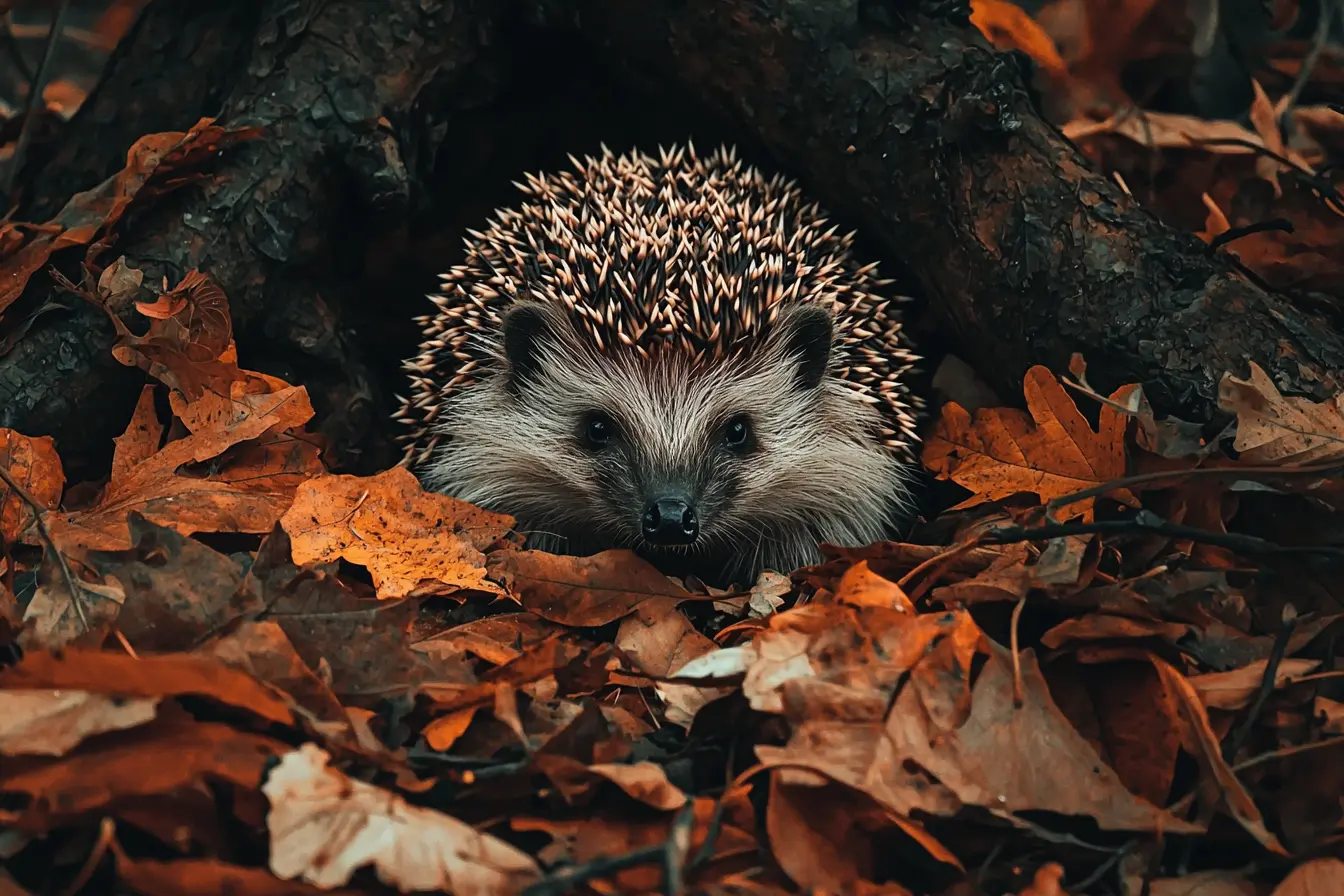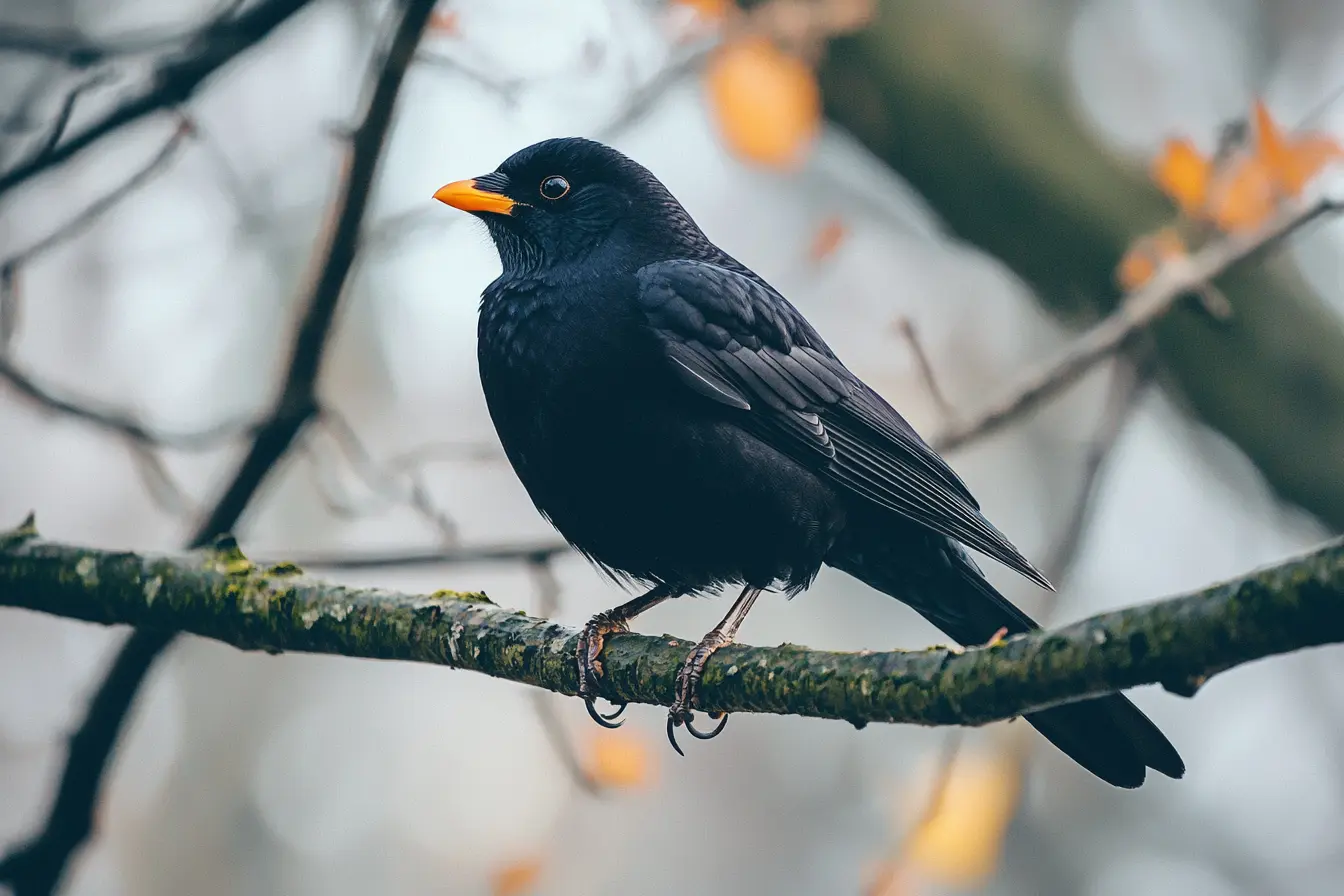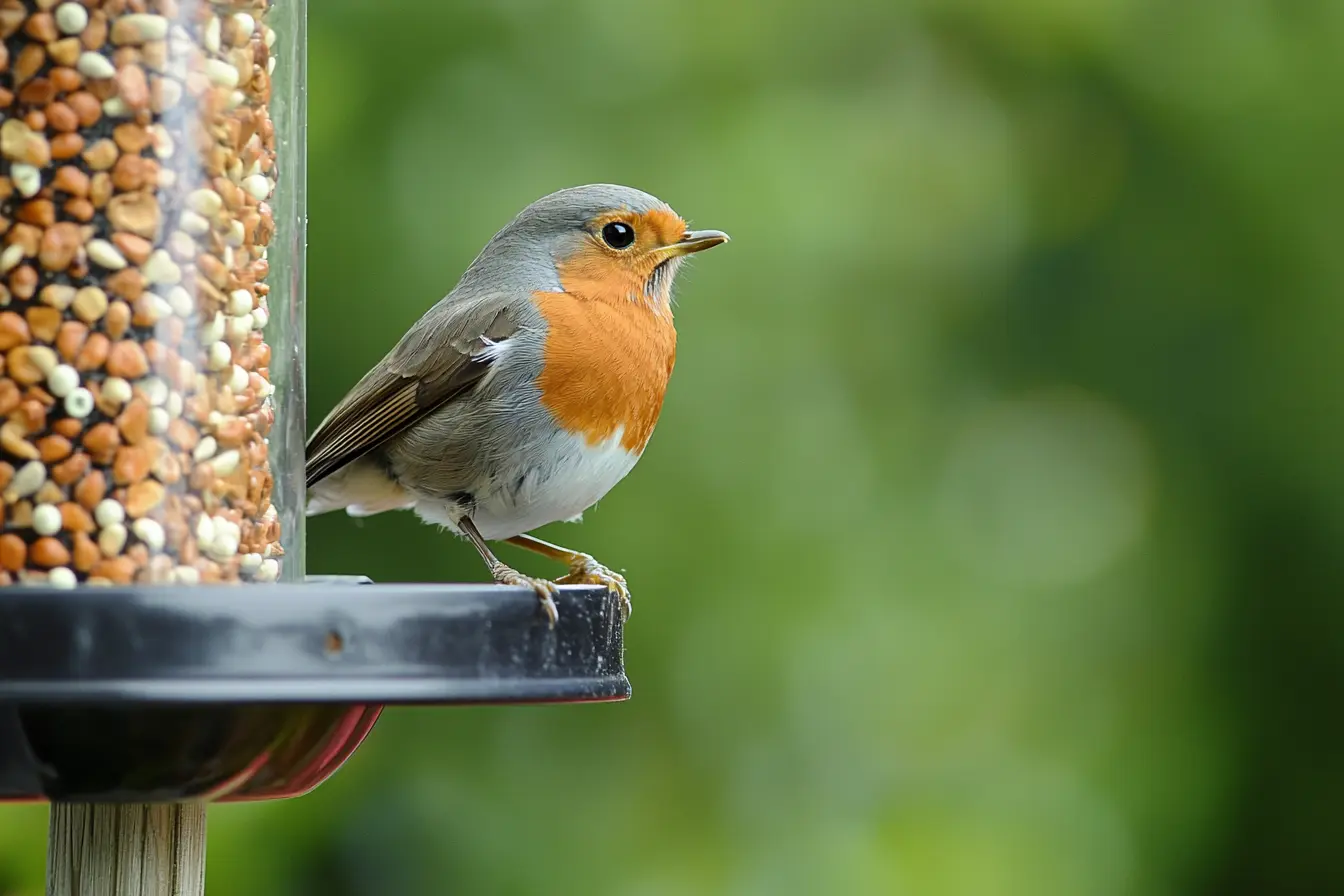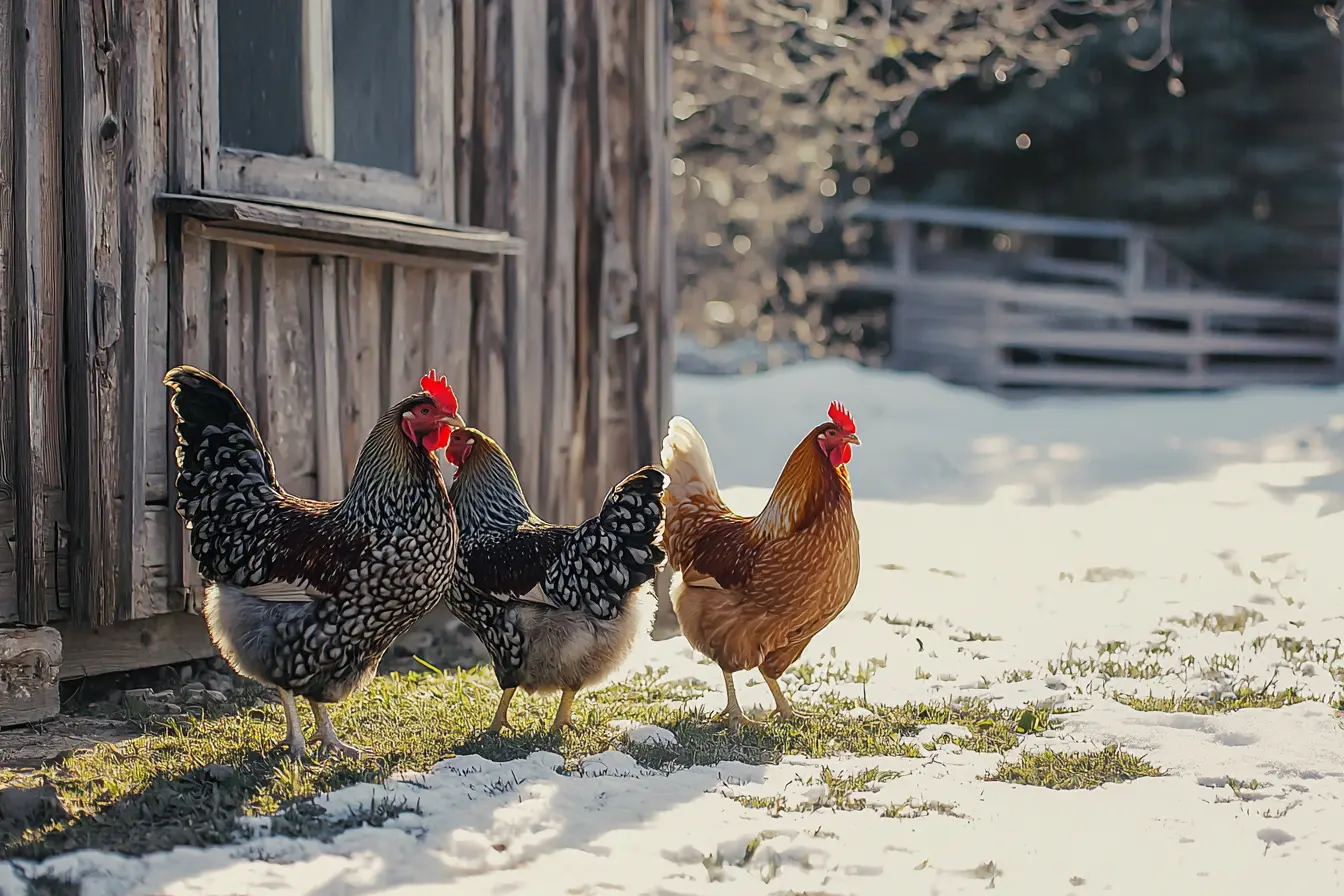
A Complete Guide to Helping Hedgehogs in the UK
Hedgehogs are one of the UK's most beloved garden visitors, but their populations have declined significantly due to habitat loss, road accidents, and food shortages. If you want to support these charming nocturnal creatures, there are plenty of ways to make your garden or local area more hedgehog-friendly. This guide covers everything you need to know about helping hedgehogs thrive.
Why Do Hedgehogs Need Our Help?
Hedgehogs were once common in the UK, but their numbers have declined by up to 50% in rural areas and 30% in urban areas since the 2000s. The main threats they face include:
- Habitat destruction – Loss of hedgerows, overgrown gardens, and natural food sources.
- Road deaths – Thousands of hedgehogs are killed on UK roads each year.
- Pesticides and slug pellets – These poison hedgehogs by contaminating their food supply.
- Fencing and barriers – Solid walls and closed-off gardens prevent them from moving freely.
- Climate change – Milder winters disrupt hibernation cycles, leading to food shortages.
By making small changes, we can create safer, more hospitable environments for hedgehogs.
Make Your Garden Hedgehog-Friendly
If you have a garden, you can provide food, water, shelter, and safe passage to encourage hedgehogs.
Create a Hedgehog Highway
Hedgehogs roam up to two miles a night searching for food and mates. Solid fences trap them in small areas, reducing their survival chances.
- Cut a 13cm x 13cm hole in your fence or gate.
- Ask neighbours to do the same to create a wildlife corridor.
- Register your hedgehog hole on Hedgehog Street to support conservation efforts.
Provide a Safe Shelter
Hedgehogs need places to rest and hibernate, especially in winter.
- Build or buy a hedgehog house and place it in a quiet, sheltered area.
- Pile up logs, leaves, and twigs to create a natural nest.
- Leave wild patches in your garden instead of tidying everything up.
Offer Food and Water
Hedgehogs eat insects, slugs, worms, and berries, but they sometimes struggle to find enough natural food.
- Leave out a shallow dish of fresh water (especially in dry weather).
- Provide hedgehog-friendly food:
- Wet or dry cat/dog food (chicken-based, not fish).
- Specialist hedgehog food (available in pet stores).
- DO NOT give:
- Milk (it causes severe digestive issues).
- Bread (it has no nutritional value).
Grow Hedgehog-Friendly Plants
Encourage a natural food supply by planting wildflowers, shrubs, and native plants that attract insects. Avoid pesticides and chemicals, which can harm hedgehogs.
2. Make Your Outdoor Space Safer
Many common gardening practices can unintentionally harm hedgehogs. Here’s how to prevent accidents:
Avoid Using Slug Pellets and Pesticides
- Slug pellets contain metaldehyde, which is toxic to hedgehogs.
- Instead, use natural slug deterrents:
- Coffee grounds, crushed eggshells, or copper tape around plants.
- Encourage natural predators like frogs, birds, and hedgehogs.
Check Before Strimming or Mowing
Hedgehogs hide in long grass, compost heaps, and under hedges during the day. Before using:
- Strimmers and mowers – Check the area carefully.
- Bonfires – Move the pile before lighting, as hedgehogs often nest inside.
- Compost heaps – Avoid using forks and sharp tools without checking.
Make Ponds and Drains Safe
- Hedgehogs can swim but struggle to escape steep-sided ponds.
- Provide a ramp, stones, or a shallow exit to prevent drowning.
- Cover drains and holes where hedgehogs might fall in.
Support Hedgehogs in Winter
Hedgehogs hibernate from November to March, but not all of them survive the winter. You can help by:
- Leaving food out – Particularly in autumn to help them build fat reserves.
- Providing safe hibernation spots – Hedgehog houses, log piles, and leaf piles.
- Avoiding disturbance – Don’t move hibernating hedgehogs unless they’re in immediate danger.
- Helping late-born hoglets – If you see a small hedgehog (under 600g) in late autumn, it may not survive the winter without help. Contact a hedgehog rescue centre for advice.
Help Hedgehogs in Your Community
If you don’t have a garden, you can still support hedgehogs by raising awareness and encouraging hedgehog-friendly practices.
Work with Your Neighbours
- Encourage hedgehog highways between gardens.
- Share tips on feeding and sheltering hedgehogs.
- Report hedgehog sightings on The Big Hedgehog Map.
Volunteer with Hedgehog Rescue Centres
Many local wildlife groups rehabilitate sick and injured hedgehogs. You can help by:
- Fundraising for hedgehog charities.
- Volunteering at local rescue centres.
- Donating supplies (cat food, bedding, etc.).
Encourage Hedgehog-Friendly Policies
- Ask your council to use wildflower verges instead of mowing everything down.
- Support local conservation projects and rewilding efforts.
What to Do If You Find an Injured or Sick Hedgehog
Hedgehogs are nocturnal—if you see one out in daylight, it may be unwell and need help.
Signs of a Sick or Injured Hedgehog
- Out in the daytime (especially if lethargic or wobbling).
- Flies or maggots on its body.
- Obvious wounds or bleeding.
- Thin, weak, or struggling to move.
What to Do
- Wear gloves and gently place the hedgehog in a high-sided cardboard box lined with a towel.
- Keep it warm – Place a hot water bottle (wrapped in a towel) under one side of the box.
- Offer water and cat food, but do not force-feed.
- Call a hedgehog rescue centre immediately – Find your nearest one on The British Hedgehog Preservation Society.
- Do not keep it as a pet – Hedgehogs are wild animals and need expert care.
Learn More and Get Involved
There are many ways to learn more about hedgehogs and help protect them.
Useful Resources
- Hedgehog Street – Tips for making gardens hedgehog-friendly.
- British Hedgehog Preservation Society – Advice, rescues, and conservation efforts.
- The Big Hedgehog Map – Log your hedgehog sightings.
Events and Awareness Campaigns
- Hedgehog Awareness Week (May) – A national campaign promoting hedgehog conservation.
- No Mow May – Encourages leaving lawns uncut to support insects and hedgehog food sources.
Conclusion
Hedgehogs are a vital part of the UK’s ecosystem, but they need our help to survive. By making small changes in our gardens, avoiding harmful chemicals, providing food and water, and raising awareness, we can all play a role in protecting these wonderful creatures.
If you spot a hedgehog, take a moment to appreciate it—and consider how you can make your outdoor space a safer place for them to thrive.
Vets near you
Speciality vets
- Aquatics vet specialists
- Birds vet specialists
- Camelids vet specialists
- Cats vet specialists
- Cattle vet specialists
- Deer vet specialists
- Dogs vet specialists
- Equines vet specialists
- Exotic vet specialists
- Goats vet specialists
- Pigs vet specialists
- Poultry vet specialists
- Sheep vet specialists
- Small Mammals vet specialists
- Wild vet specialists
Vet facilities
- Accessible by public transport
- Blood testing
- Car park nearby
- Client car park
- Dentistry
- Diagnostic imaging
- Disabled public access
- Flea and worm treatments
- Microchipping
- Mobile services
- Neutering
- Open at weekends
- Out-of-hours service
- Referral interests
- Referrals only
- Street parking outside
- Toilets available
- Vaccinations



